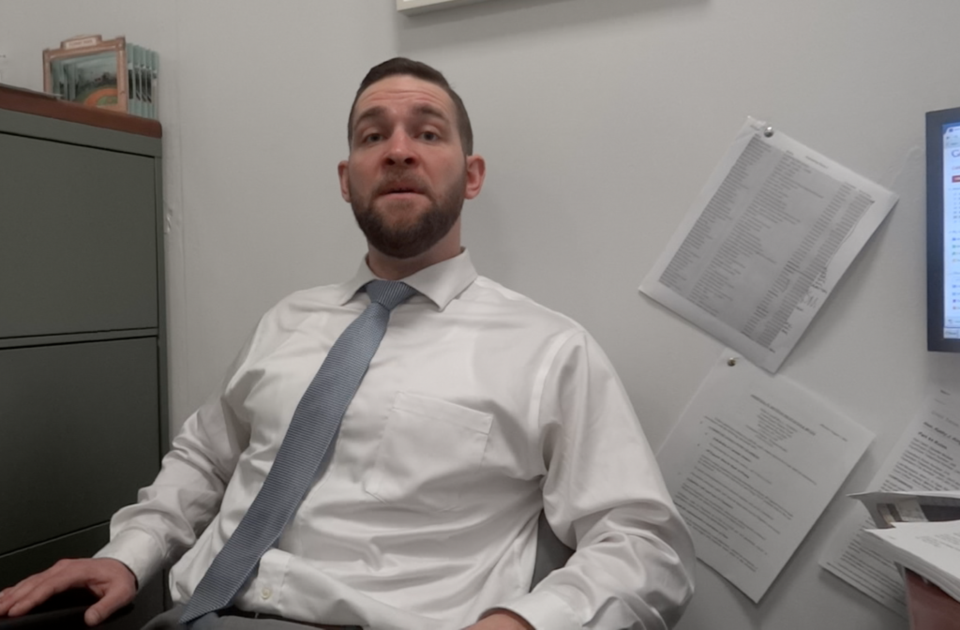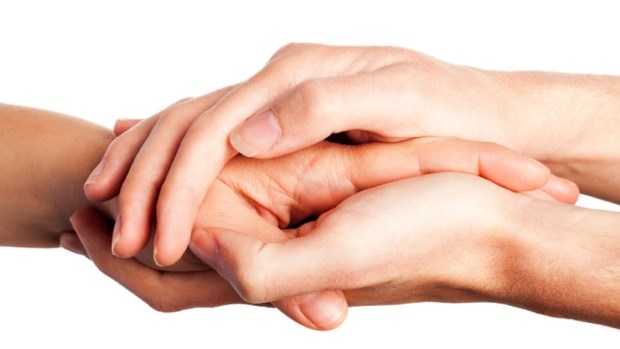
We are a population that loves to talk about ourselves. Thanks to the Internet, everyone is granted equal rights to express their opinions, post photos of themselves 24/7 and re-create themselves as the center of the universe.
Still, despite this freedom to self-express, there is one personal topic that, universally, is avoided at all costs, and that is our own mortality.

As macabre as it sounds, death is a fact of life. And planning for it is probably one of the most important things you could while online.
Estate planning, end-of-life planning and securing a will tells the world what you treasured most and to whom it should go. If you do not plan, your assets will be split between your surviving spouse and/or children. If you're single with no children and you die without one, the state decides who gets what-- whether it's your home or your vehicle-- without regard to your wishes or your heirs' needs.
Maybe you're thinking, well, I don't have any assets to scream home about. But that is probably not true. Furniture, jewelry, old records, antique property and the money in your checking or savings account all constitute assets. In the event of your unexpected or sudden death, who would you want to be in possession of those items? Certainly not the state!
As a part of your end-of-life planning, who will be appointed as guardians of your minor children? And who would you choose to manage your legal or medical documents? Certainly not the relative who is mentally or visually impaired.
A study by Harris Interactive found that only one in three African American adults (32 percent) and one in four Hispanic American adults (26 percent) have wills, compared to more than half (52 percent) of white American adults.
In this short video, Michael Corcoran, attorney at Grow Brooklyn, a non-profit organization that provides low-cost housing counseling, provides a simple explanation of end-of-life planning and why it is so critically important for everyone in advance to protect their treasures and secure their legacies.



.png;w=120;h=114;mode=crop)